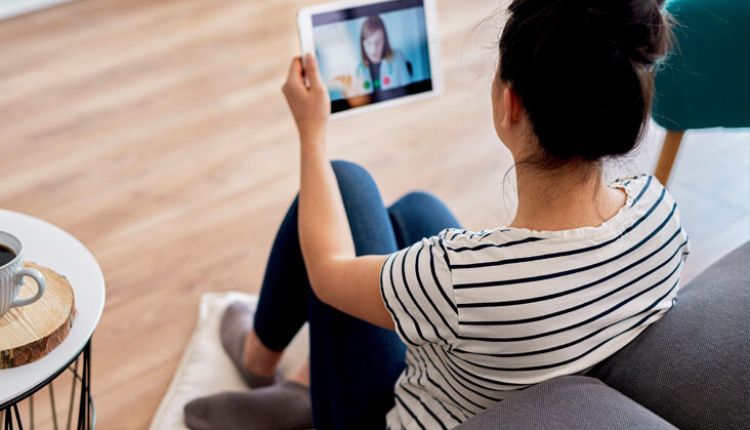
A new mobile app, called Predict The Depression Behavior, can predict the next step in someone’s downhill spiral. In this article, we’ll discuss how the app works and what to look for in a useful tool. We’ll look at the Mindstrong scale, PHQ-9 scale, similarity score, and EMA. We’ll also talk about the implications of the app on health care.
Behavidence is a company that develops passive digital biomarkers and machine learning tools to monitor employee mental health. Founded by a bioengineer, physician, and neuropsychologist, Behavidence has developed several digital phenotyping models and solutions. These tools can be used to monitor employee burnout and stress, as well as screen for comorbid conditions and clinical interventions. The recent study about this app provides the positive things on it.
The researchers used a machine learning model to determine whether the digital behavior of the participants mimics the behaviors of depressed people. The model is trained to analyze 24 hours of digital behavior and PHQ-9 thresholds. The results of the study will be further validated in clinically diagnosed populations. The researchers used three machine learning models to determine which algorithms performed the best in detecting major differences between depressed and non-depressed users.
A recent study found that a mobile app can accurately predict depression by calculating a person’s PHQ-9 score. The PHQ-9 scale is a widely used method of measuring depression severity. It is valid for community-based settings and general populations and has high internal reliability. The PHQ-9 scale measures the severity of depression in a two-week period.
The PHQ-9 is a 9-item self-report measure of depression. The average time spent on a cell phone was associated with depression severity, and the higher the phone use, the higher the PHQ-9 score. Although the new app only tested users on Android, future research should also include iPhone and iPad users. A variety of age groups could be included in the study and the PHQ-9 could be replaced with other questionnaires. Are you ready to click here to know a bit more about this app?
In a study published in the journal Depression, researchers evaluated a smartphone app that is easy to use and has good psychometric properties. Participants downloaded a free Behavidence app to their cell phones, completed a brief demographic questionnaire, signed an informed consent form, and answered the PHQ-9. Participants were given a 24-hour period to respond to the survey.
MHSS, a mental behavioral profiling metric, was developed from smartphone data. The study was able to reach 87% accuracy. The model was trained on twenty-four hours of digital behavior and PHQ-9 thresholds. The results were then compared to determine the difference between users in the two groups. This study used machine learning models trained on the severity of depression using a PHQ-9 scale. The app uses gyroscope readings from smartphone devices, which measure the direction of the phone’s rotation around its axis. Welltech Ventures shows that Behavidence has recently completed a $4.3 million seed round.
To collect this data, researchers developed an app for Android and iPhone users. Participants downloaded the app and completed a demographic questionnaire and an informed consent form. They also completed the PHQ-9 questionnaire. The app then generated a daily MHSS and provided feedback on their depression. The researchers noted that the app is easy to use and does not place a burden on the participants. They could access the score whenever they wanted.
In a recent announcement, Behavidence announced it has raised $4.3 million in seed funding for a mobile app that predicts depression and other mental health conditions. The app utilizes digital phenotyping to identify patterns in human behavior that may signal a disorder. Behavidence has been adopted by commercial entities and health organizations. The app is a remote monitoring tool that allows users to monitor their own mental health status and that of others.
For the study, participants completed questionnaires about their mood each day, and they also wore a Fitbit activity tracker to record sleep, activity, and heart rate. Participants also used a Mindstrong keyboard app to collect cognitive data. Researchers hypothesized that the cognitive patterns of depressed individuals would change before they reached the depressed state. However, these predictions remain speculative and will need further testing.









